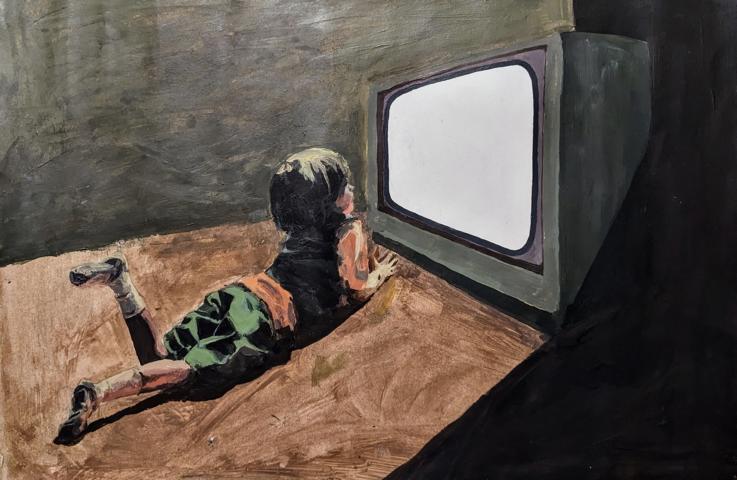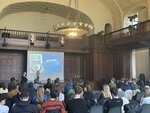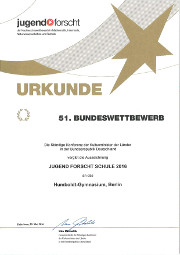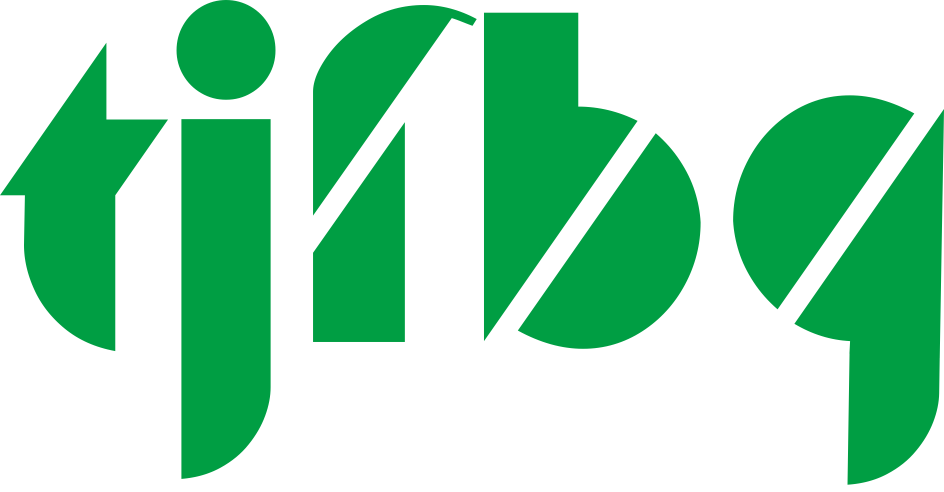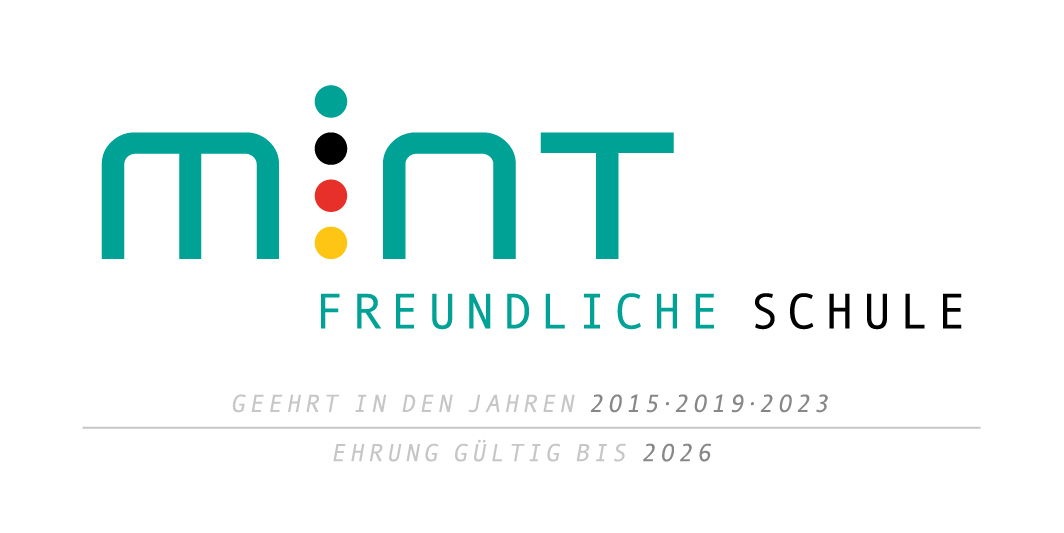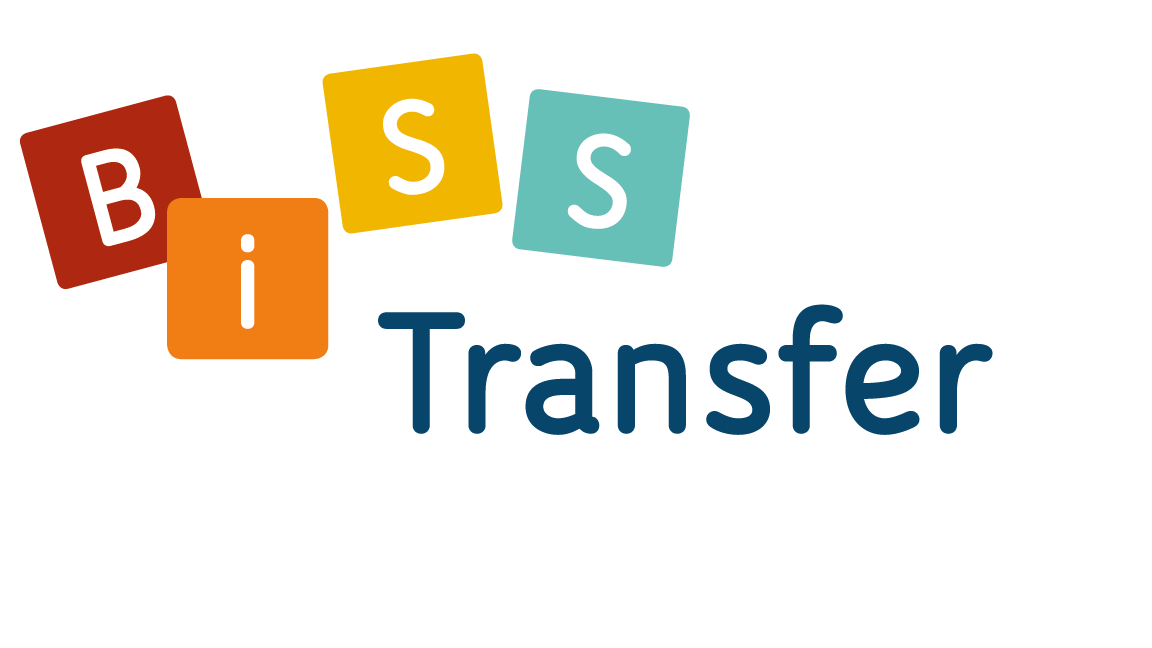Louise Materne - "UNIVERSAL BASIC INCOME IS NOT A SOLUTION TO OUR SOcIAL AND ECONOMIC PROBLEMS"
Debating Matters 2018, Opening Speech (Pro 2)
"UNIVERSAL BASIC INCOME IS NOT A SOLUTION TO OUR SOcIAL AND ECONOMIC PROBLEMS"
First, I want to greet the judges, the opposing team and of course the audience and express our gratefulness for being able to participate in this debate today, which is a great opportunity for us. I'd like to give you a deeper insight into the social and economical repercussions brought on by the UBI.
Now as Luise already mentioned there still are some open questions surrounding the whole universal basic income topic.
For instance, the exact amount of money each person will receive. There is a difference between being financially supported by the state and being able to fully cover all necessary life costs only utilizing one's basic income.
Also moral issues arise, like the fact that everyone is entitled to the exact same amount of money. For example, a single parent with two children in comparison to a single household. And will other social benefits and welfares be abolished? Or is the basic income an additional burden for the tax payer? Regarding the exact number of the regular UBI payment, if it is meant to be enough to live off, at low life standards, but still it will be really difficult if not impossible to set a universal fair amount of money to be paid.
If you just take a look at the differences of housing costs people based in big cities, like New York, London or Tokyo pay by far more rent for an apartment the same size as people living on the countryside. Hence, if it's decided that the UBI should cover housing benefit it must be so high in order to enable people living in big cities to afford a space that we highly doubt it could be covered only from taxes. That is just one aspect to look at when trying to set an equal and fair UBI and there are many more making it hard to avoid compromises. Therefore, social conflicts could arise and threaten the overall peace within the community.
You might also want to take into consideration that the UBI does not guarantee a responsible and sustainable implementation of your money, meaning basic income could still be spent on, for instance drugs, alcohol or may even be used to finance crimes. Money that some people have worked hard for.
An UBI would also cause a drastic change in the relationship of the state to its citizens, since the modern welfare state was once developed to function as an emergency backup for those citizens, but the UBI would transform it into a state of permanent dependency, financially and psychologically.
It also puts the citizens into a rather passive position, taking away their abilities to contribute actively, making them lose the feeling of affiliation.
Lastly, UBI would cause a massive increase of immigration and social disparities, causing more significant inequalities between countries.
Instead of risking a lot for such a precarious and instable system we should collectively fight for better wages and working conditions.
Louise Materne, Q2


